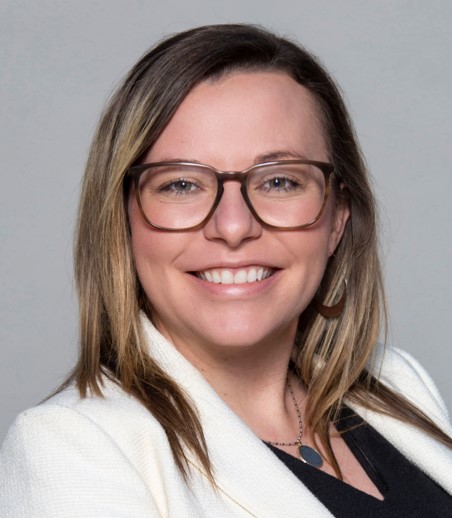- Home
- About Us
- Resources
- Events
- Members Only
- Contact Us
- Join Now
July 2023, Volume 18, Issue 4
TABLE OF CONTENTS
President's Corner
Hello fellow Stormwater Professionals! It’s another warm summer with record temperatures and the first named hurricane early in the season. These extreme weather events are becoming more common each year and it is our job to prepare our communities for these extreme events, as well as the routine summer cloud bursts that can drop inches of rainfall in minutes. SESWA leadership has a high priority on resilience – to better prepare the communities we serve. We kicked off 2023 by focusing our Spring Seminar on resilience. And we continue to develop and provide stormwater-focused regulatory resources like the Bipartisan Infrastructure Law (BIL) Funding for Stormwater fact sheet. BIL funding is now starting to become a reality - to make a community more resilient. A key element of the proposed projects for BIL and other sources of federal funding is not only to address underserved communities, but to do so in a comprehensive manner – address flooding, compromised infrastructure, and degraded water quality. But sometimes it is not that easy, the use of one design technique may be applicable in one situation, but not another. One technique may only address the normal summertime storm but is ineffective to manage rainfall amounts associated with hurricanes. How can we navigate these waters (pun intended) to ensure success? You are in luck, SESWA’s 18th Annual Regional Stormwater Conference has several presentations that will cover real life projects that will alleviate flooding while also improving water quality. SESWA strives to be your go-to resource as the stormwater profession takes on the challenge of blending both water quality and quantity – they are not mutually exclusive anymore. And, with 204 organizations and over 1,500 individuals (most members in the history of SESWA), we are here to help. But it not only takes members, it also takes leaders. During the membership meeting at the Conference, we are looking for future leaders to fill open seats on the Board. Please consider your next step in your professional journey to include becoming more engaged in SESWA. Thank you for your passion to improve our surface waters and your dedication to SESWA. I am definitely looking forward to seeing you in October, because “after all, it is that time of year for the SESWA Conference.” Dave Canaan |
 Bolton & Menk |
 Lexington County, SC |
 City of Raleigh, NC |
 City of Charlotte, NC |
SESWA’s Annual Conference – Registration Open!
You are invited to join us for SESWA’s 18th Annual Regional Stormwater Conference! The Conference will be held October 4-6, 2023 at the Hilton Head Marriott on Hilton Head Island, SC. The Conference will feature an agenda developed by your peers, access to continuing education, networking opportunities with other stormwater professionals, great presenters, and much more. Visit the Conference webpage for complete information including registration details, exhibitor and sponsor opportunities and much more!
The Free Conference Registration Goes To….
Thank you to all that participated in the recent membership survey pertaining to SESWA’s services. We value your feedback! To show our appreciation, we have awarded a complimentary registration to SESWA’s 18th Annual Regional Stormwater Conference to one lucky survey participant. Congratulations to Joshua Rogers with the City of Chattanooga, TN! We hope you enjoy the conference!
Join Us For SESWA’s Next Service Project!
Join us as a volunteer for SESWA’s service project in Hilton Head! Spend time with fellow SESWA members for a stormwater-focused service project on Hilton Head Island. As part of this project, registrants will be participating in an oyster shell recycling project at the Coastal Discovery Museum drop site. Participants will be bagging recycled oyster shells to be used in shoreline protection and artificial reef projects around Hilton Head Island. All project materials will be provided, there is no cost to participate. Contact SESWA to sign up for the Service Project today.
Did You Miss SESWA's July Webinar?
If you missed the July webinar but still want to take advantage of this free member benefit, don’t worry. SESWA members have access to the Building a Public Education Campaign for Stormwater Awareness Week webinar recording and presentation at no cost thanks to our 2023-24 Communications Sponsors! Visit www.StormwaterAwareness.org for information about Stormwater Awareness Week. We can’t wait to see all of the great projects you have planned!
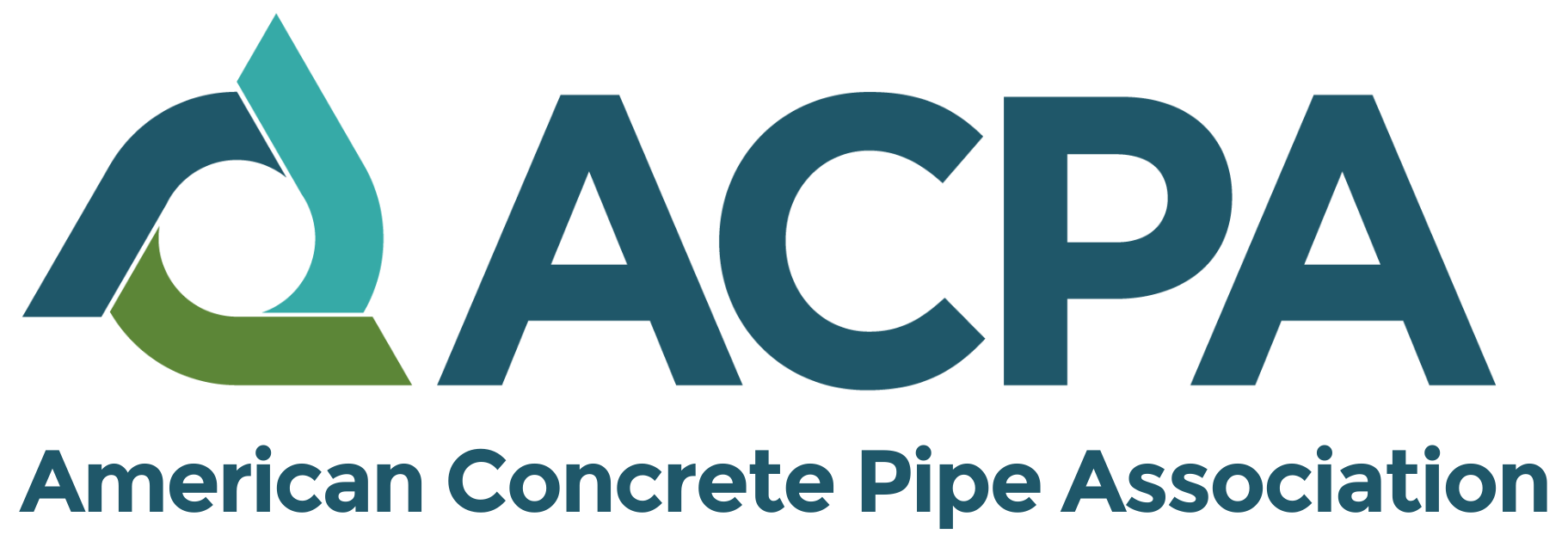 |
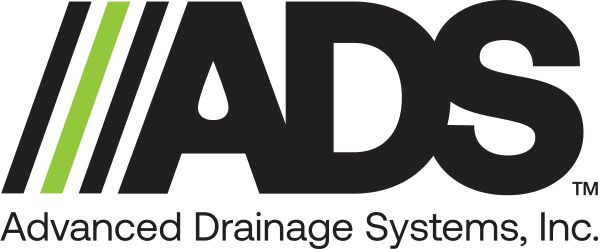 |
 |
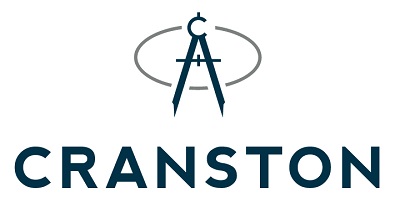 |
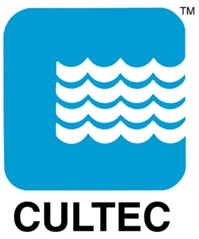 |
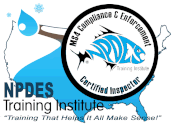 |
 |
SESWA Members – You Can Search SESWA’s Resources Online!
Are you looking for resources on stormwater topics? Visit SESWA’s website and search resources including conference/seminar presentations, recordings, SESWA Community Forum articles, and more. Here’s how in three easy steps:
- Go to SESWA.org
- Look for the “Search our site...” box at the top of the page.
- Type in your search topic and “enter.” See sample search results below.
Members Can Maximize Results by logging into their profile first. Be sure to check the “Pages” and Community “Forum” boxes as shown below to access all member-only resources.
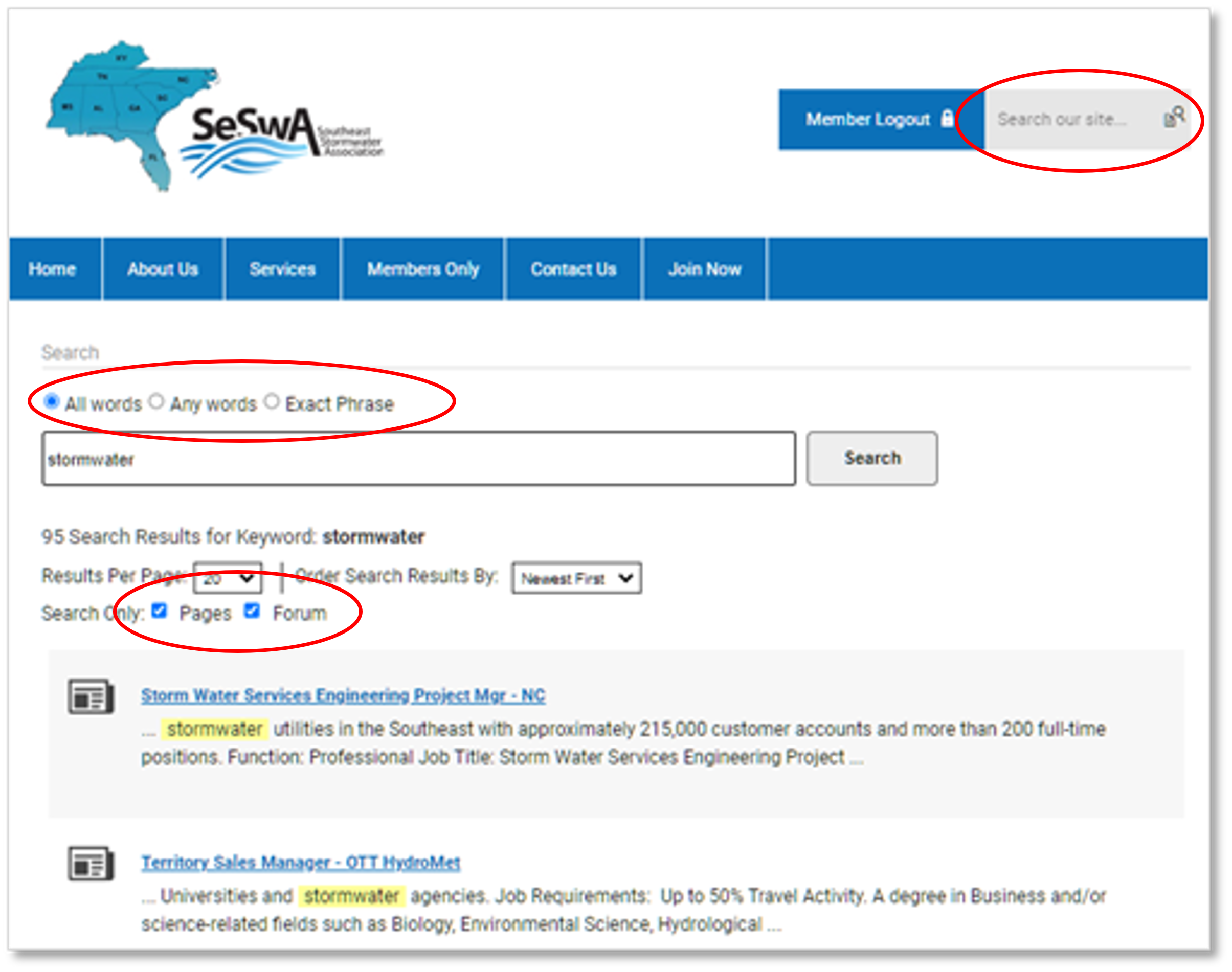
WOTUS Update
Kevin Coyne, SESWA
In the last few months, important legal decisions occurred impacting WOTUS regulations. In May, the U.S. Supreme Court released an opinion on the long-standing Sackett v. EPA, ruling that the United States Environmental Protection Agency (EPA) overstepped its authority in determining wetlands. The decision effectively removed the use of the “significant nexus” test determining jurisdictional wetlands. As a result of that ruling EPA announced a September 1st deadline for a revised rule to be released. In mid-July, EPA provided a package of amendments to the Office of Management and Budget (OMB) for review. The specifics of these changes have not been disclosed and no ability to review or comment on the draft rule has been noted. The impact to each state may vary, depending on how the respective wetland agency is currently utilizing the most recent ruling, or if states are in ongoing litigation, but we would recommend contacting your state agency representatives for clarification. See all WOTUS details on SESWA Advocacy page.
State of Florida Environmental Funding
Kevin Coyne, SESWA
On June 15, 2023, Florida Governor Ron DeSantis signed the state budget, which totaled $116.5 billion, and included almost $8 billion for environmental efforts. The Florida Department of Environmental Protection (FDEP) was allocated approximately $3.5 billion targeting projects in the Everglades region, the Indian River Lagoon and Biscayne Bay, water and wastewater infrastructure projects (including stormwater projects), coastal resiliency, and conservation lands. Entities looking to submit for these grants, which are covered by various state programs, can find more information on the Protecting Florida Together website. An online Funding Portal can be found via each program’s information page. The funding portal is the main mechanism to submit applications for almost all grant programs before the submittal deadline is reached, which is either August 31st or September 1st.
Two-Day Teacher Training Puts Water in Gwinnett Classrooms
John Butler, Gwinnett County, GA
Gwinnett Water Resources in Georgia partnered with Gwinnett Clean & Beautiful to host a two-day teacher training this summer all about water. Water Resources staff provided three separate certifications to 11 teachers in Project WET and in chemical and bacterial monitoring with the Georgia Adopt-a-Stream program. Teachers also received professional development units for their teacher certifications. These teachers, who work with all grade levels, left the class with new tools to engage their students in hands-on water education and provide them with an opportunity to apply what they have learned in the classroom. This is an invaluable part of keeping kids interested in learning and most importantly, learning about Stormwater!
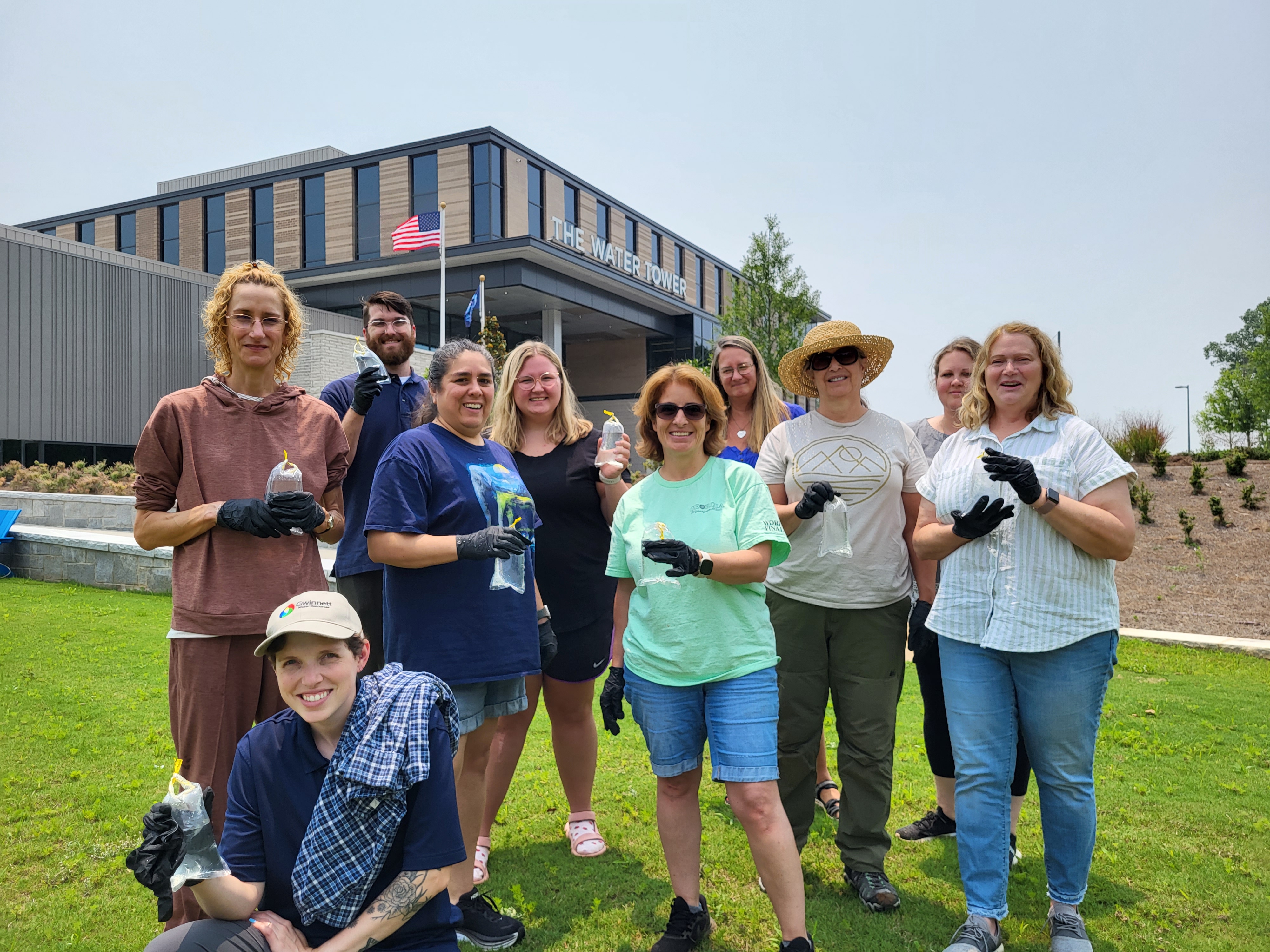
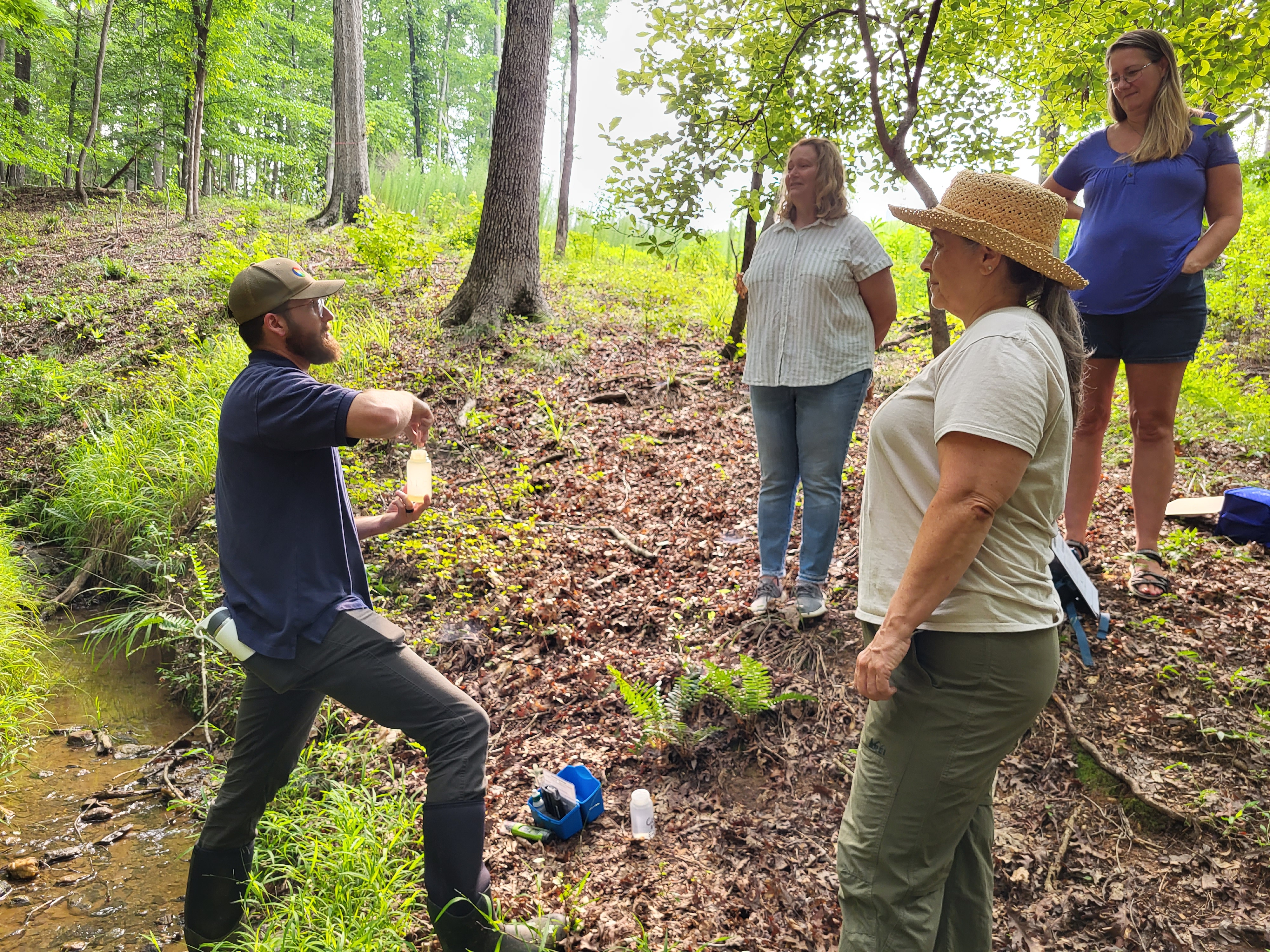
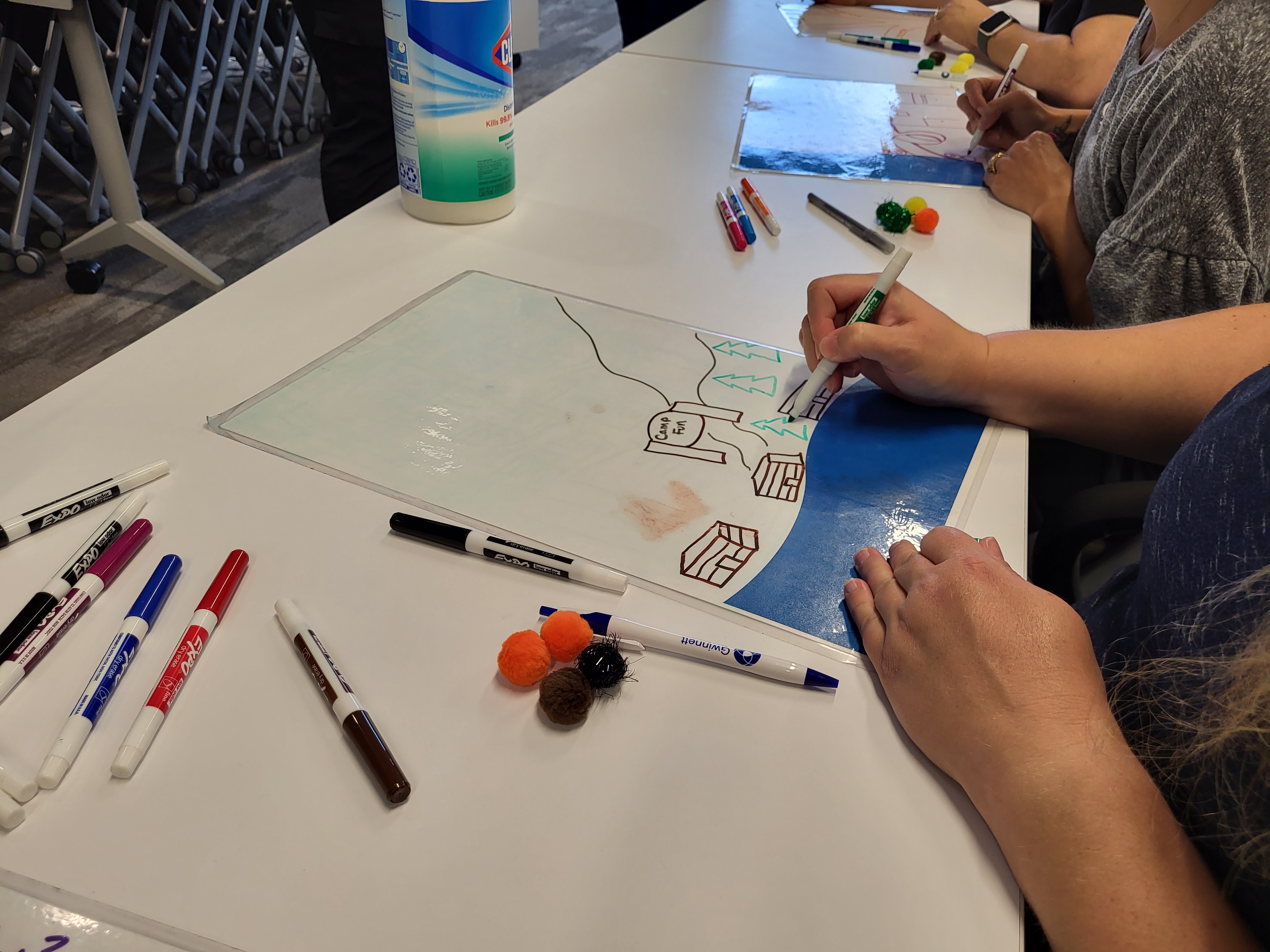
New Life for Coal Powered Power Plants
Demetria Kimball-Mehlhorn, Lexington-Fayette Urban County Government, KY
Seventy percent (70%) of Kentucky is powered by coal - but is this sustainable. In 2022, the Kentucky Energy and Environment Cabinet partnered with Gateway for Accelerated Innovation in Nuclear (GAIN) to explore the potential for converting coal powered plants into small scale nuclear power plants. Converting these power plants is not only an energy conversation but also an environmental one. As an example, will additional cooling water be needed? Is the infrastructure of the coal plants strong enough to handle nuclear power or will there be significant rehab required. If so, where do the old materials get disposed of? Is mining and refining uranium ore better than mining coal?
After reviewing several webpages, I have not found these answers. But I will be interested to see if these questions come up during the Kentucky Nuclear Development Workgroup sessions. Keep track of the progress of these talks through the Nuclear Innovation Alliance and your local Department of Energy webpages.
NACWA Corner
Provided by the National Association of Clean Water Agencies
Emily Remmel, Senior Director of Regulatory Affairs
EPA Region 1 Proposing Novel Climate Resiliency Requirements as Part of NPDES Permit Program, Could Come to MS4 Permits
Over the last few months, EPA regions are pushing the envelope with creative means to seemingly get to an end objective and “make progress” on surface water quality improvement. While these efforts, for example on the nutrient front, arguably offer no meaningful net environmental benefit and come with a hefty price tag and impacts on utility planning and operations, the pressure from this EPA Administration continues to build for clean water communities and stormwater agencies already combating a variety of issues simultaneously to do even more.
Most recently, EPA Region 1 is laying on some seriously concerning permit requirements – and not in the traditional fashion of setting end-of-pipe limits, but rather inserting cumbersome Operation and Maintenance (O&M) climate resiliency provisions for newly issued Clean Water Act National Pollutant Discharge Elimination System (NPDES) permits in Massachusetts. It is not unlikely that these provisions could spill over to Municipal Separate Storm Sewer System (MS4) permits to some degree.
As if the clean water community didn’t have enough on its Clean Water Act regulatory obligations plate, these “Major Storm and Flood Events Plan” requirements are popping up in discharge permits around the Commonwealth – regardless of how at risk or vulnerable a particular utility is to extreme weather or climatic impacts. Initially and largely unnoticed, EPA Region 1 slid these provisions into small and medium sized utilities with permits up for re-issuance in Massachusetts – even a private academy that discharges around 62,000 gallons a day received the same permit terms as the City of Holyoke that is permitted to discharge 17.5 MGD.
The “Major Storm and Flood Events Plan” provisions require permittees to develop and implement a burdensome resiliency plan that looks out near-term (20-30 years) and long-term (80-100 years) and consider the worst-case climate scenarios and vulnerabilities to the utility’s critical infrastructure and all its assets. The plan goes beyond identifying climate vulnerabilities, requiring mitigation measures a utility must consider and a schedule of when the utility plans to implement said measures to minimize the impact of any future climate event. If any utility asset is updated, the plan also must be updated.
NACWA encourages SESWA members to take a look at the comments the Association submitted to EPA Region 1 and EPA Headquarters on June 5th opposing these provisions not only because they are impractical and illogical, but because these provisions are beyond the scope of a Clean Water Act NPDES permit and EPA’s statutory authority.
While this permit language is currently limited to Region 1 issued permits in Massachusetts, NACWA is closely monitoring this issue and working to support our Region 1 members. We have heard other states and regions are monitoring this approach, and similar language could start to pop up in other permit renewals and even within the stormwater context. Currently, it seems EPA Headquarters is supportive of the measures New England EPA is taking and is likely to be supportive of other state Clean Water Act regulatory authorities to follow suit.
If SESWA members have questions, please do not hesitate to contact NACWA’s Senior Director of Regulatory Affairs, Emily Remmel for more information.
Don't see news from your state?
Please contact us with your news or share your comments on our newsletter by emailing us at [email protected].
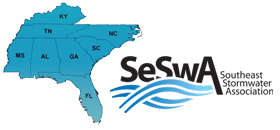
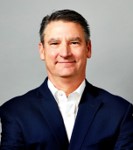

 “It has flooded here before but never to this extent;” this is a common quote from homeowners who have experienced flooding. If your home (and the homes of all your neighbors) were to unexpectedly flood tonight, what would you do, who would you turn to? This is the scenario that occurred in 2019 along the Catawba River in Charlotte, North Carolina. Nearly a hundred homes (and families) experienced flooding from a rainfall event two counties away and twenty of those homes were substantially damaged by the flooding. Most of the homes in the area were not required to be built compliant with current floodplain standards due to construction date, but some homes were built (or rebuilt) compliant with current standards.
“It has flooded here before but never to this extent;” this is a common quote from homeowners who have experienced flooding. If your home (and the homes of all your neighbors) were to unexpectedly flood tonight, what would you do, who would you turn to? This is the scenario that occurred in 2019 along the Catawba River in Charlotte, North Carolina. Nearly a hundred homes (and families) experienced flooding from a rainfall event two counties away and twenty of those homes were substantially damaged by the flooding. Most of the homes in the area were not required to be built compliant with current floodplain standards due to construction date, but some homes were built (or rebuilt) compliant with current standards.